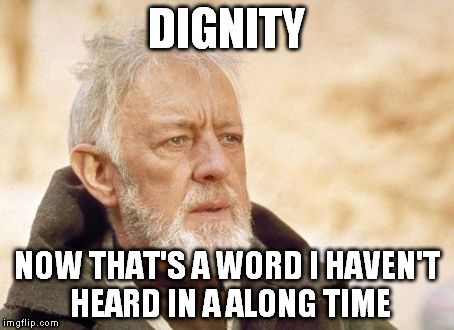
When it comes to sexual orientation as a suspect class, United States v. Windsor (2013) punted on this question.
To start, here’s the facts of United States v. Windsor. Edith Windsor (Respondent) sued the United States (Petitioner) for a tax refund because she was denied an estate tax exemption for surviving spouses under Defense of Marriage Act (1996), which defined marriage to a man and woman.
The Windsor case needed to answer this issue: Does Section 3 of DOMA which defines “marriage” and “spouse” exclude same sex couples? Does this section of DOMA violate the Filth Amendment’s Equal Protection Clause?
The Supreme Court ruled this way: Section 3 of DOMA is unconstitutional under the Fifth Amendment’s Equal Protection component. The federal government must recognize same sex marriage if approved by the states.
Throughout the arguments of this case, the Supreme Court didn’t call sexual orientation a suspect class. When it came to the 14th Amendment’s Equal Protection Clause, sexual orientation wasn’t even discussed in the majority opinion. Furthermore, strict scrutiny couldn’t be applied to sexual orientation since it wasn’t a suspect class. That being said, if the Court called sexual orientation a suspect class, that would invalidate traditional marriage laws; therefore, the Court only said same sex couples have a right to “dignity” when getting married. The Court would not say sexual orientation is a suspect class which would invalidate traditional marriage laws.
In the majority opinion, Chief Justice Kennedy discussed the concept of dignity. He said, ‘The federal statute is invalid, for no legitimate purpose overcomes the purpose and effect to disparage and to injure those whom the State, by its marriage laws, sought to protect in personhood and dignity.’ This case was about dignity for Chief Justice Kennedy.
Additionally, Chief Justice Kennedy didn’t call people bigots who didn’t support same sex marriage. In regards to new truths and new times, he only said people are wrong and they don’t appreciate or recognize separating marriage like the Supreme Court. Basically, the Court said people can believe what they want, but the court is changing the meaning of marriage.
With this case, the Court ignores history. In Windsor, the Court ignored history about marriage. Similarly, the Supreme Court ignored history about segregation with footnote four of Brown v. Board of Education of Topeka. When it came to needed results, the Supreme Court was willing to ignore history.
Interestingly, the Court didn’t say sexual orientation was a fundamental right. Nothing was mentioned about a heightened scrutiny for sexual orientation. Chief Justice Kennedy didn’t even discuss it in his opinion.
To date, many states have not adopted same sex marriage. States decide if they want to recognize same sex marriage. Only 37 states have recognized this ruling.
After this case, immediately, states filed lawsuits. States argued they weren’t party to this ruling; therefore, these states are not bound by this judgement. Currently, states have lawsuits before the courts on this ruling.
Of course, same sex marriage and dignity are not constitutional rights. There’s no same sex marriage or dignity amendment in the constitution. It takes 2/3 of Congress and 3/4 of states to pass an amendment. By all accounts, it looks like a dignity or same sex marriage amendment won’t be happening with the current political climate.
In the end, the Supreme Court struck down DOMA; furthermore, they said Section 3 was inspired by animus and doesn’t constitute a rational basis. Therefore, Edith Windsor gets a tax refund. However, the Supreme Court punted on the larger issue of sexual orientation as a suspect class.
